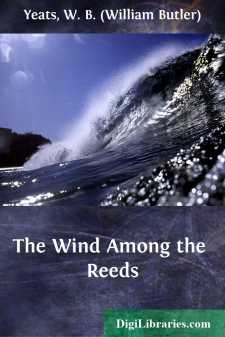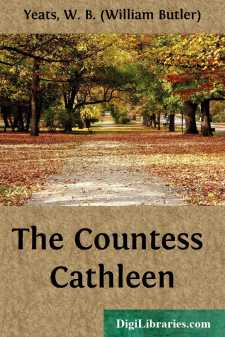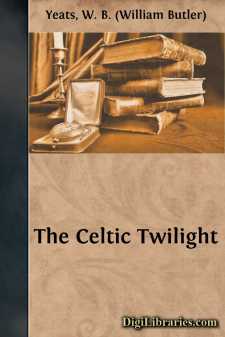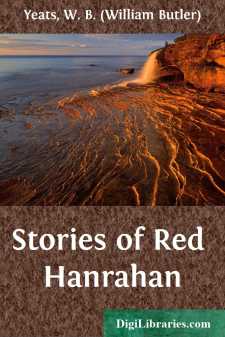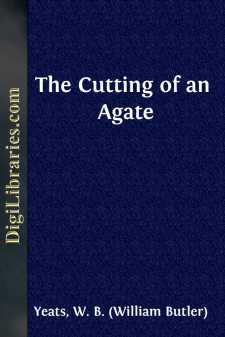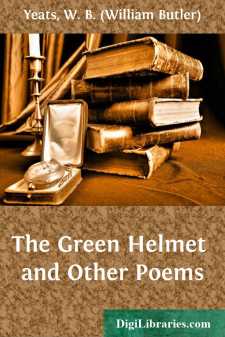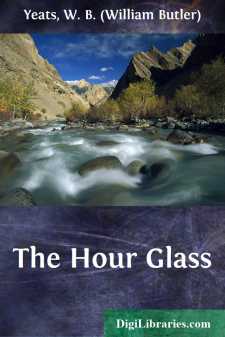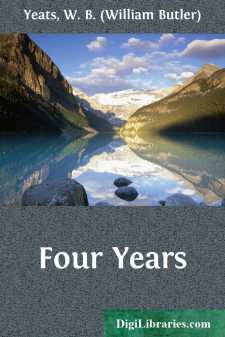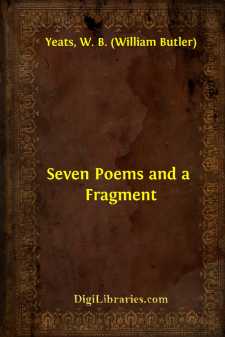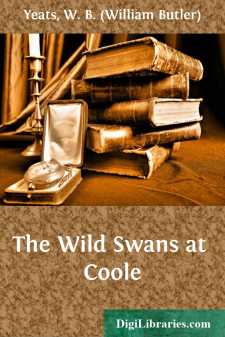Categories
- Antiques & Collectibles 13
- Architecture 36
- Art 48
- Bibles 22
- Biography & Autobiography 813
- Body, Mind & Spirit 142
- Business & Economics 28
- Children's Books 17
- Children's Fiction 14
- Computers 4
- Cooking 94
- Crafts & Hobbies 4
- Drama 346
- Education 46
- Family & Relationships 57
- Fiction 11829
- Games 19
- Gardening 17
- Health & Fitness 34
- History 1377
- House & Home 1
- Humor 147
- Juvenile Fiction 1873
- Juvenile Nonfiction 202
- Language Arts & Disciplines 88
- Law 16
- Literary Collections 686
- Literary Criticism 179
- Mathematics 13
- Medical 41
- Music 40
- Nature 179
- Non-Classifiable 1768
- Performing Arts 7
- Periodicals 1453
- Philosophy 64
- Photography 2
- Poetry 896
- Political Science 203
- Psychology 42
- Reference 154
- Religion 513
- Science 126
- Self-Help 84
- Social Science 81
- Sports & Recreation 34
- Study Aids 3
- Technology & Engineering 59
- Transportation 23
- Travel 463
- True Crime 29
Mosada A dramatic poem
Description:
Excerpt
Scene I.
A Little Moorish Room in the Village of Azubia.
In the centre of the room a chafing dish.
Mosada. [alone] Three times the roses have grown less and less,
As slowly Autumn climbed the golden throne
Where sat old Summer fading into song,
And thrice the peaches flushed upon the walls,
And thrice the corn around the sickles flamed,
Since 'mong my people, tented on the hills,
He stood a messenger. In April's prime
(Swallows were flashing their white breasts above
Or perching on the tents, a-weary still
From waste seas cross'd, yet ever garrulous)
Along the velvet vale I saw him come:
In Autumn, when far down the mountain slopes
The heavy clusters of the grapes were full,
I saw him sigh and turn and pass away;
For I and all my people were accurst
Of his sad God; and down among the grass
Hiding my face, I cried long, bitterly.
Twas evening, and the cricket nation sang
Around my head and danced among the grass;
And all was dimness till a dying leaf
Slid circling down and softly touched my lips
With dew as though 'twere sealing them for death.
Yet somewhere in the footsore world we meet
We two before we die, for Azolar
The star-taught Moor said thus it was decreed
By those wan stars that sit in company
Above the Alpujarras on their thrones,
That when the stars of our nativity
Draw star to star, as on that eve he passed
Down the long valleys from my people's tents,
We meet—we two.
[She opens the casement—the mingled sound of the voices and
laughter of the apple gatherers floats in.]
How merry all these are
Among the fruit. But yon, lame Cola crouches
Away from all the others. Now the sun—
A-shining on the little crucifix
Of silver hanging round lame Cola's neck—
Sinks down at last with yonder minaret
Of the Alhambra black athwart his disk;
And Cola seeing, knows the sign and comes.
Thus do I burn these precious herbs whose smoke
Pours up and floats in fragrance o'er my head
In coil on coil of azure.
[Enter Cola.] All is ready.
Cola. Mosada, it is then so much the worse.
I will not share your sin.
Mosada.It is no sin
That you shall see on yonder glowing cloud
Pictured, where wander the beloved feet
Whose footfall I have longed for, three sad summers—
Why these new fears?
Cola.The servant of the Lord,
The dark still man, has come, and says 'tis sin.
Mosada. They say the wish itself is half the sin.
Then has this one been sinned full many times,
Yet 'tis no sin—my father taught it me.
He was a man most learned and most mild,
Who, dreaming to a wondrous age, lived on
Tending the roses round his lattice door.
For years his days had dawned and faded thus
Among the plants; the flowery silence fell
Deep in his soul, like rain upon a soil
Worn by the solstice fierce, and made it pure.
Would he teach any sin?
Cola.Gaze in the cloud
Yourself.
Mosada. None but the innocent can see.
Cola. They say I am all ugliness; lame-footed
I am; one shoulder turned awry—why then
Should I be good? But you are beautiful.
Mosada. I cannot see.
Cola.The beetles, and the bats,
And spiders, are my friends, I'm theirs, and they are
Not good; but you are like the butterflies....



